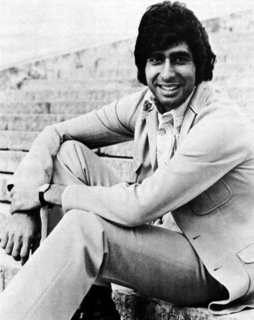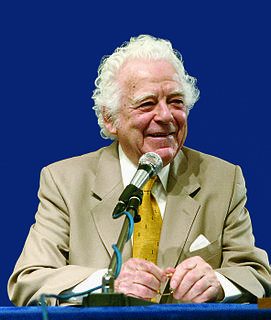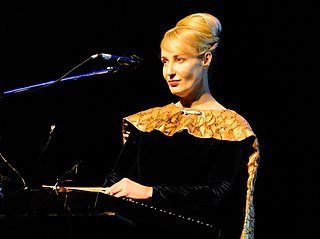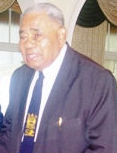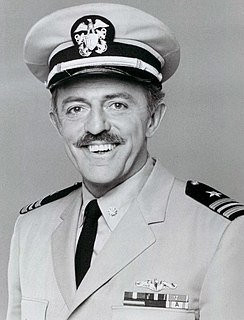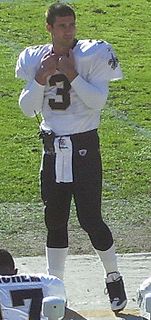A Quote by Dave Brubeck
The source of inspiration can be any of the things:deep emotional experiences - say, romantic love or spiritual contemplation.I think such rare moments come only when you have total concentration. You are consumed in and by the music. I guess you could say that it is akin to contemplation. In order to reach this desirable state of mind you have to rise above the environment you're in at that particular time - a bad piano, glaring stage lights, or the attitude of the audience. Sometimes the inspiration of the other musicians you're playing with helps you reach this stage.
Quote Topics
Above
Any
Attitude
Audience
Bad
Come
Concentration
Consumed
Contemplation
Could
Deep
Deep Emotional
Desirable
Emotional
Emotional Experiences
Environment
Experiences
Guess
Helps
Inspiration
Lights
Love
Mind
Moments
Music
Musicians
Only
Order
Other
Particular
Piano
Playing
Rare
Rare Moments
Reach
Rise
Rise Above
Romantic
Romantic Love
Say
Sometimes
Source
Source Of Inspiration
Spiritual
Stage
State
State Of Mind
Things
Think
Time
Total
Related Quotes
From the stage, I can reach a large audience, and you learn from being on stage how much a song reaches, what extent of the crowd a song can reach. I write in a way that can reach most of the audience, but I also wanted to have truly intimate moments as well, many intimate moments, more so than the big moments.
I really do think inspiration comes from day-to-day life. I think there's things that pique our interest - not necessarily aha! moments - but things that just kinda make you raise your eyebrows. And those are often the moments that are the seeds of inspiration. Sometimes they're in a great conversation with friends, sometimes they're things you see live, something you read, a movie trailer you watch... I think inspiration is kind of laid out there. One thing we have to practice is recognizing when it happens, and recording that moment so we can come back to it.
If criticism has made such discoveries as to necessitate the abandonment of the doctrine of plenary inspiration, it is not enough to say that we are compelled to abandon only a "particular theory of inspiration..." We must go on to say that that "particular theory of inspiration" is the theory of the apostles and of the Lord, and that in abandoning it we are abandoning them.
The interesting thing is that, well, here's what I think about songwriters and songs. Sometimes people sit down and say, "I gotta write a song today, I have a title" and all of that, and sometimes inspiration just happens, almost like "Sugar, Sugar" and a couple of the other songs. But basically, I just started playing the piano, and I'm not a great piano player.
I guess I prefer to play live, but I don't want to have only live CDs. I like playing live because there are alot of things that can happen. I can interact with the audience and say some things to get me in trouble. On the other hand, the studio is nice because you can really take your time and make something that you know is the best thing that you can ever do. But nothing beats being up on stage in front of all that energy.
We always have a basic structure for a piece of music, but we encourage the musicians to elaborate on whatever they feel at that particular moment. There's a definite conversation happening on stage. I think it is very important for us as creative musicians, to instantaneously describe any energy that is visible at that time.
Spirituality yields two fruits. The first in inspiration to know what to do. The second is power, or the capacity to do it. These two capacities come together. That's why Nephi could say, 'I will go and do the things which the Lord hath commanded' (1 Nephi 3:7). He knew the spiritual laws upon which inspiration and power are based. Yes, God answers prayer and gives us spiritual direction when we live obediently and exercise the required faith in Him.
I got on stage and I went, "Oh wow. No stage fright." I couldn't do public speaking, and I couldn't play the piano in front of people, but I could act. I found that being on stage, I felt, "This is home." I felt an immediate right thing, and the exchange between the audience and the actors on stage was so fulfilling. I just went, "That is the conversation I want to have."





